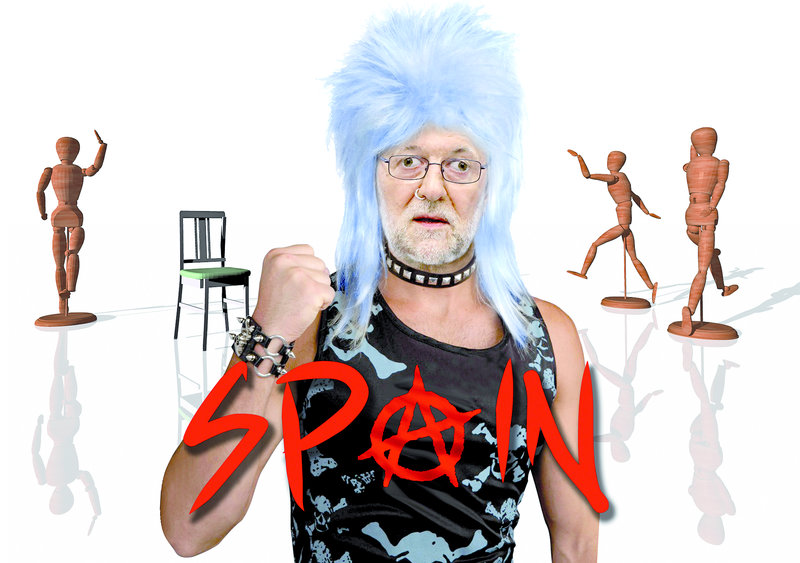Long-term resident
Matthew tree
Musical chairs explained
A few months ago, the ex-King of Spain (the one who broke his leg while trying to cull the elephant population of Botswana) confessed to a French TV crew that the last words a dying Franco spoke to him were “The only thing I ask of you is to preserve the unity of Spain”. So it wasn't the Commies or the Socialists that vexed the old fascist, but only the thought that the Catalans and Basques might slip the Hispanic paddock. In this (as in most other things) Franco was anything but original: at least since the late 17th century, all previous Spanish heads of state had all fretted to various degrees over these two peripheral thorns in their Castilianist sides. Today it is the Catalan thorn in particular which has become especially painful, given that the 17 pro-indy Catalan MPs in the Spanish parliament have become the key which would make a non-incumbent Spanish government possible: a coalition between any two of the Spanish parties plus the votes of said Catalan MPs (which would be granted instantly in exchange for a Scottish-style referendum) would allow a government to be formed in Spain. Tomorrow. Indeed, five years of massive demonstrations involving up to 2.5 million Catalans in a country of just over 7, plus the current pro-independence majority in the Catalan parliament, would surely justify a pacted referendum on independence, even if the future of Spain's government wasn't hanging in the balance. But the four main Spanish parties are having none of it. The Popular Party (PP), its ranks dotted with crypto-Francoist throwbacks (their palms shiny with grease) will not contemplate making any pro-Catalan concessions whatsoever; nor will Ciudadanos (C's), a unionist party founded in Barcelona in 2006 by a select group of Catalan intellectuals whose main concern is that too much Catalan is being spoken in Catalonia. (In the Catalan parliament they consistently vote with the PP, but in Madrid, where they have been a major force only since 2014, they have put a superficially liberal spin on their antics). The Spanish Socialist Party (PSOE) did actually use to be a socialist party, back in the day, but is now a conventional centre-centre force which is (rightly) worried it will lose some of its more Catalanophobic power bases in Spain should its General Secretary make so much as a single overture to the Catalan government. The fourth main party, Podemos – which has a handful of genuinely socialist proposals in its programme - would, in theory, accept a referendum on Catalan independence, which is precisely why the PSOE and C's won't touch Podemos with a bargepole. As things stand, then – unless a miracle has taken place before this goes to press – a third round of Spanish state-wide elections will have to be held around Christmas time, amidst flowing cava, roasting poultry and dripping slabs of Yuletide nougat. As the few Anarchists still left in Catalonia might say: there's no government like no government .


